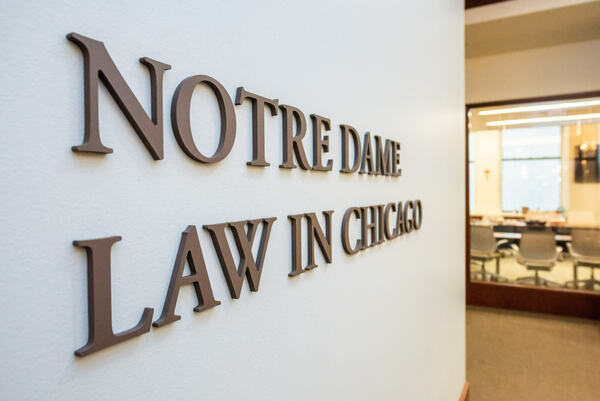This is an announcement which may be of interest to readers of this blog who are, or who know, later year Australian law students. Please feel free to pass this on to others who may be interested.
Students in the final 2 years of their law program are invited to consider applying for cross-institutional study with Associate Professor Neil Foster at the University of Newcastle, NSW, who will be offering the course LAWS6095 “Law and Religion” in semester 2, 2022. The course is open to both postgrad JD students and LLB students in their final 2 years of study. (Of course those who are actually studying at the University of Newcastle are eligible, and I hope many will sign up; but this notice is for those who are studying elsewhere!)
If this is a course you would like to complete, please email Neil (neil.foster@newcastle.edu.au ) as soon as possible, and in any event before the end of March 2022. If you would like credit for the course as part of your Law studies, you will then also need to apply to your own University for this.
The course description is:
“The course offers an overview of the interactions between law and religion. It lays the foundation for the area by discussing the historical connections between the development of the legal system and religion in the West, surveys major world religious perspectives on law, and then explores in more detail the classic issues of ‘establishment’ (to what extent is, or should be, religion given a privileged place in the law?) and ‘free exercise’ (how does the legal system acknowledge and uphold the right of free exercise of religion and balance that with other human rights?). It also explores some of the intersections between religion and other important legal areas such as criminal law and the law of private obligations. Students have the opportunity to develop essential problem solving and communication skills with specialized knowledge and skills for research, which will equip them for high level professional practice and further learning in this important area.”
The course will be taught for 3 hours per week for 12 weeks in semester 2: a 2-hour “live” seminar (with most people in the room, assuming COVID restrictions allow, but also an “online” option for those located outside Newcastle), and one hour of purely online content. Learning outcomes will be:
“On successful completion of the course students will be able to:
1. Demonstrate an advanced and integrated understanding of both the foundational elements of, and recent developments in, the discipline of law as it relates to religious belief;
2. Generate and evaluate complex ideas and concepts at both a concrete and abstract level on law and religion topics;
3. Employ research principles and methods applicable to the both domestic and international law in the area of religious belief, and apply cognitive, technical and creative skills to investigate and analyse complex information and problems to apply the law to solve those problems;
4. Use high level oral and written communication skills to interpret and transmit knowledge, skills and ideas to specialist and non-specialist audiences;
5. Engage responsibly with those who have differing opinions on important issues in a professional and respectful way;
6. Plan and execute a research-based project with a high level of personal autonomy and accountability;
7. Demonstrate an advanced understanding of their own presuppositions and developed skills in critical thinking which will allow them to effectively identify and evaluate the validity of these and those held by others.”
For those who are wondering about the educational benefits of such a course, you can read about them in a recent article published on SSRN: see Witte, John, “The Educational Values of Law and Religion Study (2021)” in William Schweiker, et al., eds., The Impact of Academic Research on Character Formation, Ethical Education, and the Communication of Values in Late Modern Pluralistic Societies (Leipzig: Evangelische Verlagsanstalt GmbH, 2021), 67-98, Available at SSRN: https://ssrn.com/abstract=3959083 .










